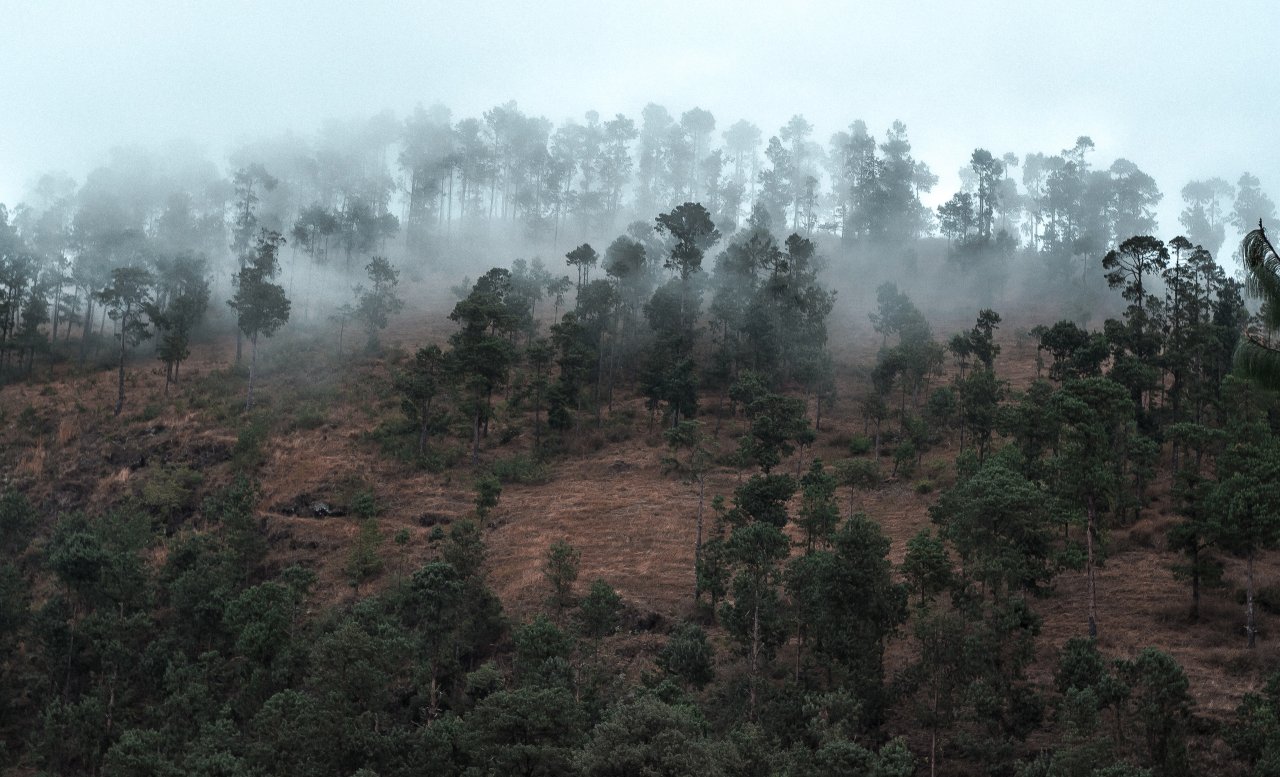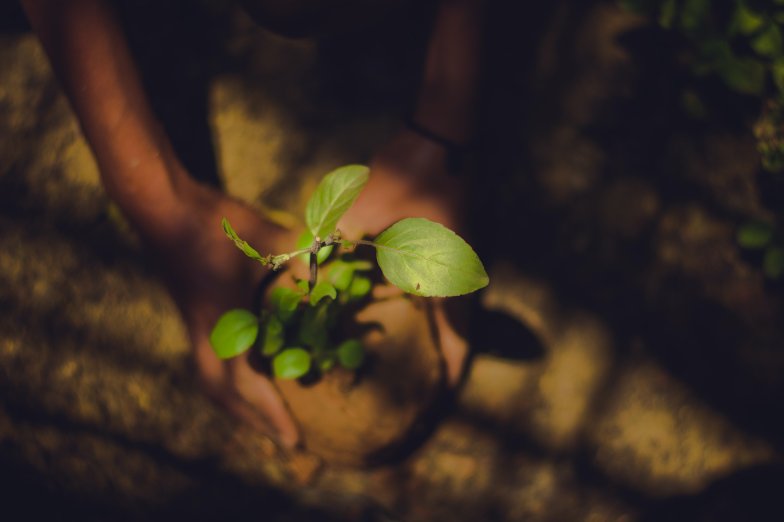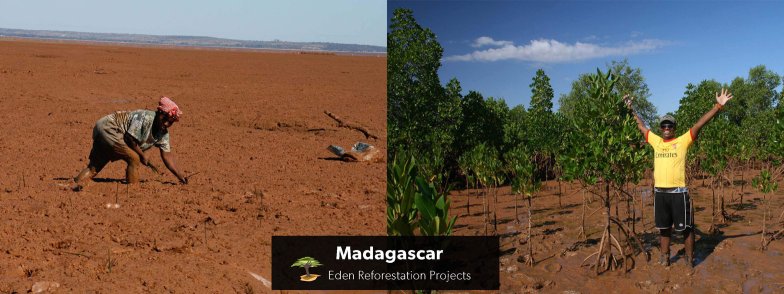
Why are trees important
to the environment?As you've undoubtedly seen already: Bambook plants one tree per Bambook sold. But what do trees do that makes them so important? well.. quite a lot actually! Trees help purify the air we breathe, they filter the water we drink and they provide habitat for animals. Trees prevent flooding and erosion and help fill the soil with nutrients needed for agriculture. In total 1.6 billion people depend on trees for their livelihood. In this blog we share 5 reasons why trees are essential and important to the environment and existence of the earth.
1. Trees provide oxygen
Through photosynthesis, trees are the vacuum cleaners of our planet. They absorb harmful pollutants and release clean oxygen for breathing. A tree has the ability to remove harmful gases such as carbon dioxide, making the air we breathe healthier. Air pollution is a problem in many cities, especially due to the high traffic. Trees absorb these harmful substances and convert them into oxygen. This ensures that the air we breathe is a bit cleaner. One large tree can supply oxygen for up to four people per day.

2. Trees absorb water
Water availability has a direct impact on a forest's health. Trees are made up of more than 50 percent water and need a steady source to grow and stay healthy. Trees therefore serve as a natural sponge, collecting rain, filtering it and letting the excess water drain off gently. For example, a tree reduces the risk of natural disasters such as flooding and landslides. According to the Food and Agriculture Association, a mature tree can intercept more than 15,000 gallons of water each year. More trees means less flooding!
3. Trees provide biodiversity
Forests contain about 80% of the world's biodiversity. A single tree can host hundreds of species of insects, fungi, moss, mammals and plants. Trees create an environment where plants can grow that otherwise wouldn't be there: flowers, fruits, leaves, buds and woody parts of trees are used by many different species. Bacteria and fungi in tree parts cause decay, making nesting easier for some birds. The trees also provide shade, lower water levels and air temperatures and contribute to the overall health of aquatic ecosystems.
4. The social impact of trees
The opportunities offered by forestry are endless. From researchers to local villagers who help plant new trees. For example, it gives the local villagers a consistent income so that they can provide for their families again. Trees are not only good for more labour, but sustainable tree cultivation also provides houses and shelter and wood can be used for cooking and heating. Trees also provide us with food such as: fruits, nuts, berries and leaves for both humans and animals.
5. Impact of trees on the climate
Trees help cool the planet by absorbing harmful greenhouse gases and releasing oxygen, they provide shade and their leaves evaporate water. In cities, trees can lower the overall temperature by as much as 8 degrees Celsius. But forests are being destroyed and degraded to an alarming extent. Deforestation takes many forms; fires, clear-cutting for agriculture, livestock, unsustainable logging and climate change degradation. This affects people's livelihoods and threatens a wide range of plant and animal species. Forests are disappearing at an alarming rate – 18.7 million hectares of forest are lost every year, equivalent to 27 football fields per minute.
This is why reforestation and stopping deforestation is vital. At Bambook we feel a responsibility to take action. Read more about our mission.

















